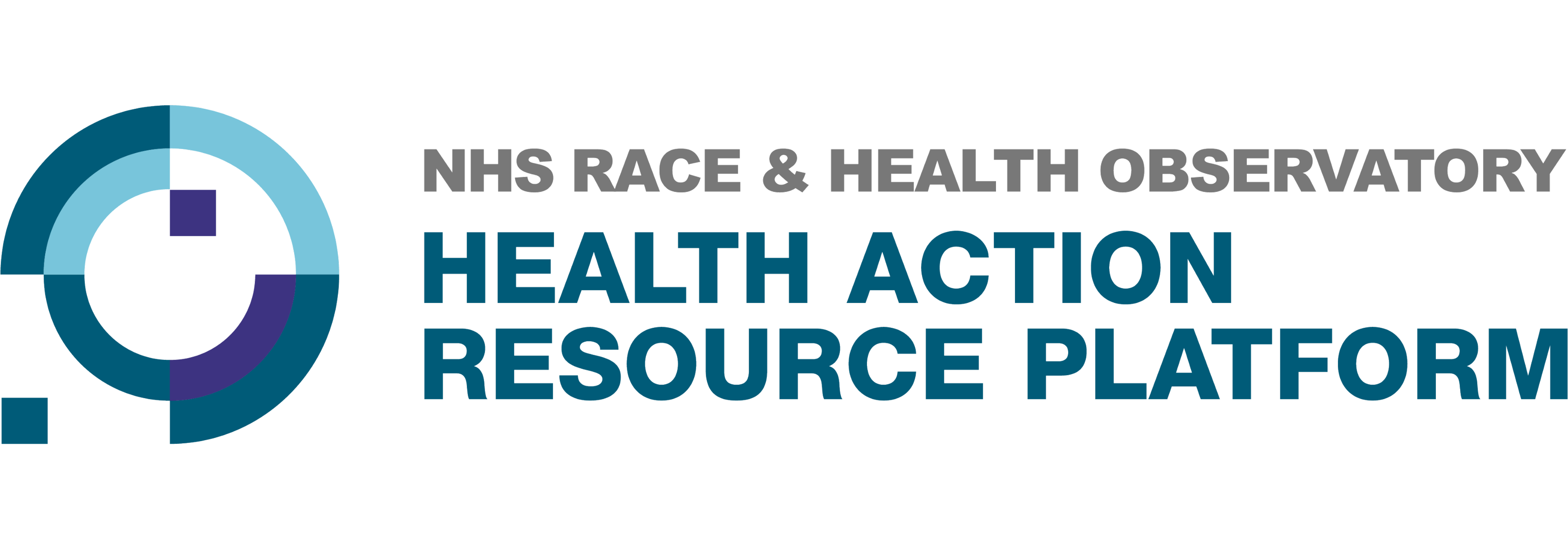Introduction
Sickle Cell Disease (SCD) is the UK’s most common genetic blood disorder, predominantly affecting individuals of Black African and Caribbean heritage. Despite this, it has historically received inadequate attention, with significant disparities in healthcare outcomes and access to timely, high-quality care[1].
People living with SCD often face longer emergency wait times, misdiagnosis, and insufficient pain management[1,2]. Recent national inquiries and patient testimonies have highlighted systemic racism, lack of understanding among healthcare professionals, and structural inequalities that exacerbate the burden of this disease[1].
The NHS Race and Health Observatory, Sickle Cell Society, and patient-led campaigns have called for improved training, better data, and reforms to the delivery of care. The landmark 2021 “No One’s Listening” report from the All-Party Parliamentary Group on Sickle Cell highlighted the need for urgent action to improve the experience and outcomes of people with SCD[1].
Home > HospitalHospital care
SCD patients report preferring to manage a crisis at home because of poor care during hospital admissions.
Source: NHS RHO Sickle cell digital discovery report, January 2023
DelaysA&E waits
Patients with SCD often experience delayed or inadequate pain management during crisis.
Source: Sickle Cell Society, No One’s Listening, November 2021
10 HCCsGeographic disparities
There are 10 Haemoglobinopathy Coordinating Centres (HCCs) across England, each covering a different geographical region, intended to provide specialist oversight and training. Some areas of the UK have no specialist sickle cell services despite significant local patient populations.
References
- [1] Sickle Cell Society. NO ONE’S LISTENING: AN INQUIRY INTO THE AVOIDABLE DEATHS AND FAILURES OF CARE FOR SICKLE CELL PATIENTS IN SECONDARY CARE. Published online 2021.
- [2] NHS Race and Health Observatory. Sickle Cell Digital Discovery Report.; 2023.
